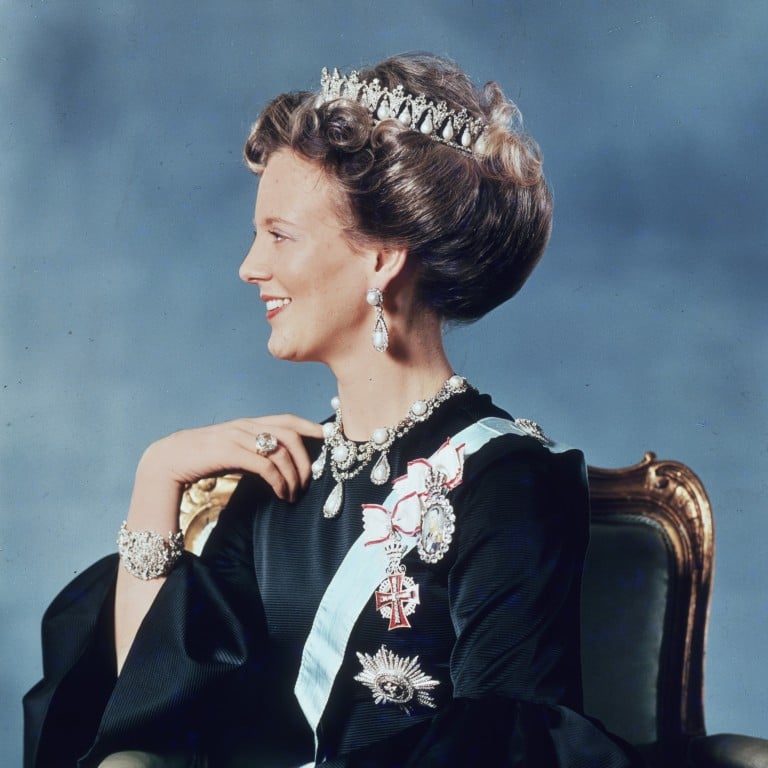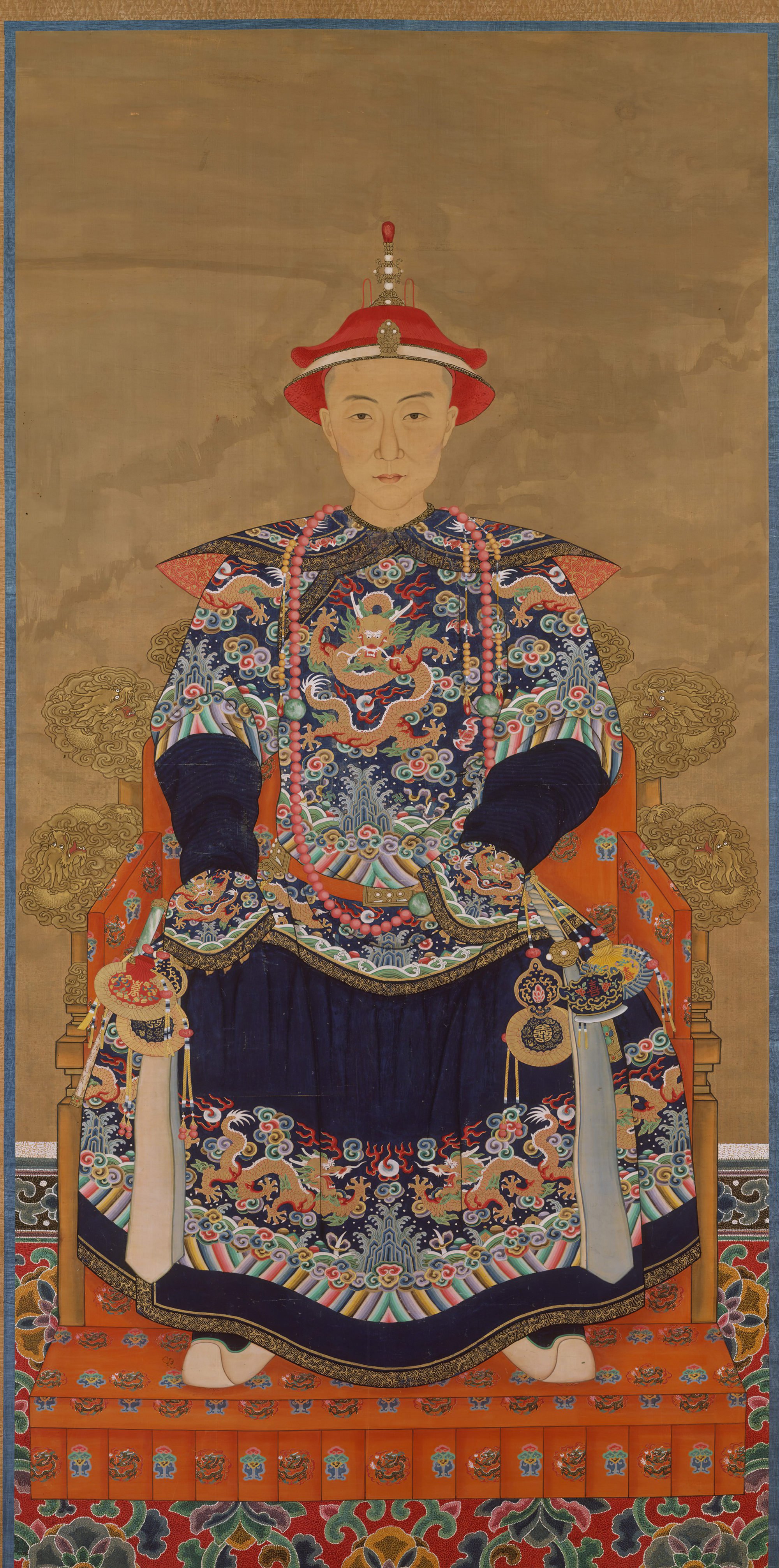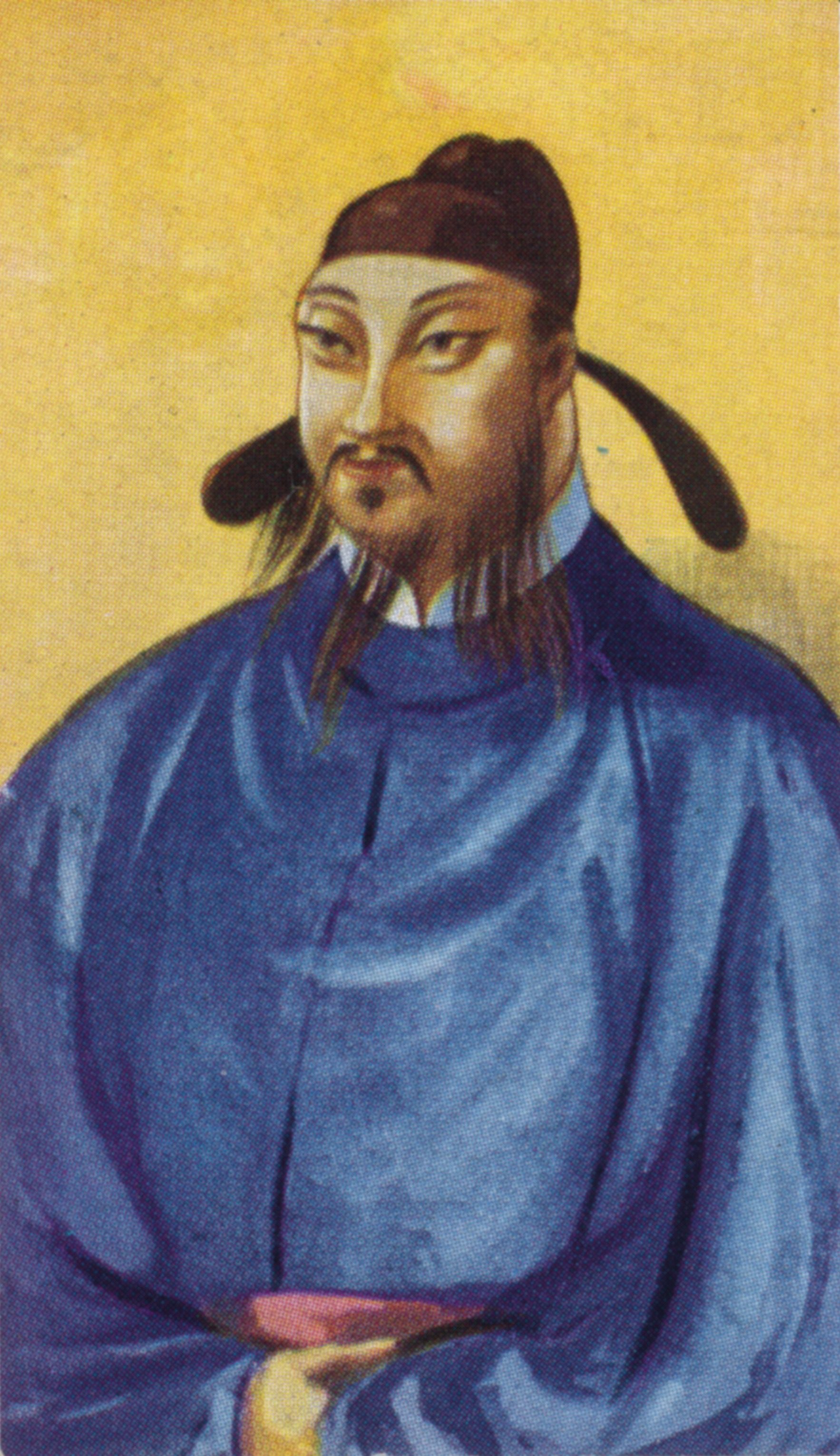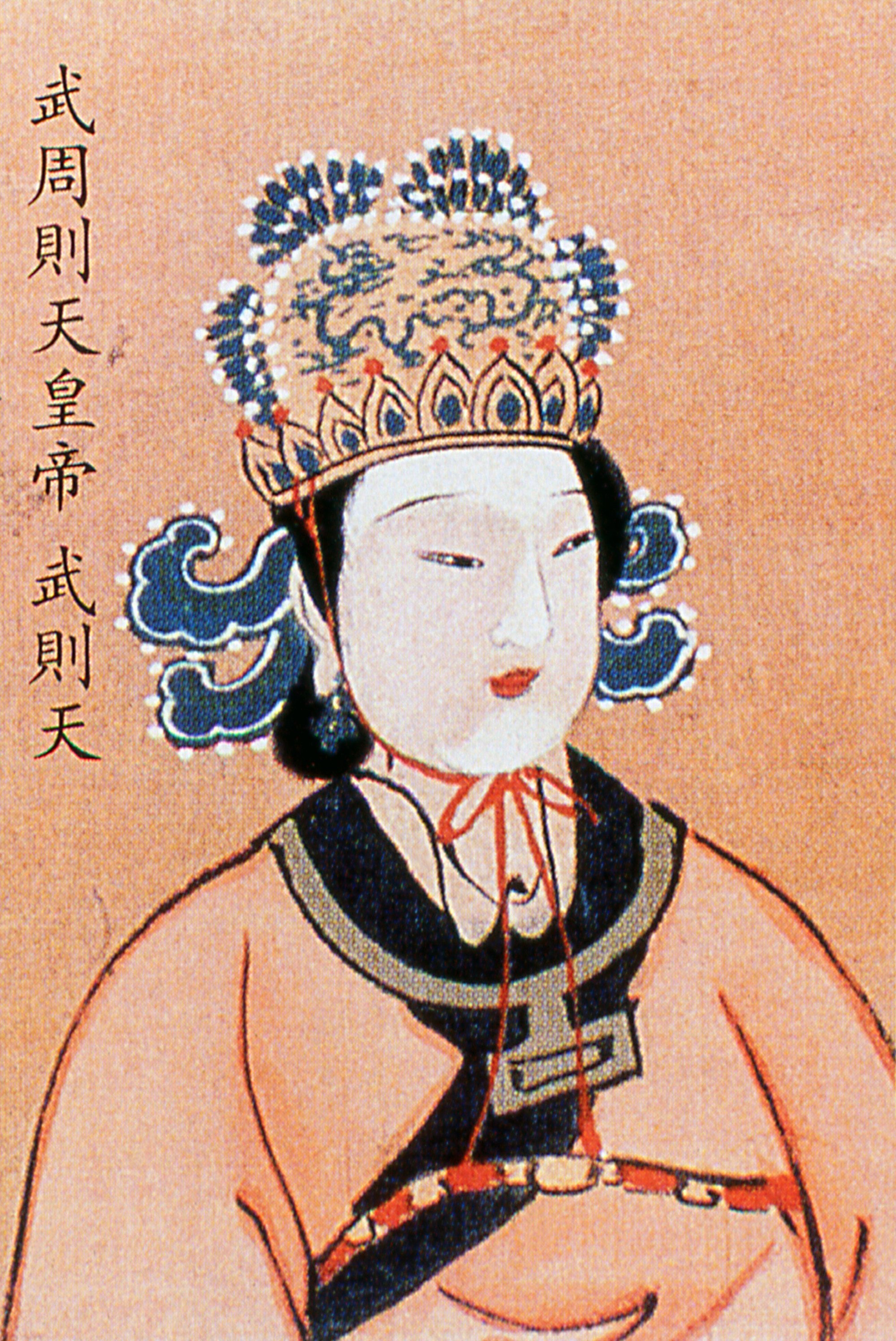
Like Queen Margrethe II, some Chinese emperors abdicated – but not always voluntarily. Here are some who were forced
- Around two dozen kings or emperors abdicated during China’s monarchical rule, some voluntarily – most famously the Qianlong Emperor
- Then there were people like Emperor Gaozu whose second son murdered two of his brothers and their male children, before forcing his father to retire
People in Denmark were shocked on New Year’s Eve when Margrethe II, the country’s reigning queen, announced during her annual address on television that she would step down on January 14, passing the throne to her son Frederik.
By all accounts, Margrethe is genuinely popular with the Danes. Compared with the venality and moral decrepitude of some royal families, the Danish edition is admittedly benign.
In abdicating, Margrethe will join the ranks of Belgium’s Albert II, Spain’s Juan Carlos I and several others as living former hereditary monarchs.
In the millennia of monarchical rule in China, there were only around two dozen former kings or emperors in retirement, as opposed to a reduction of circumstances that usually led to their murder by usurpers.

The coexistence of a retired ex-emperor and a reigning emperor opened up the possibility – and danger – of two rival centres of political power, which may explain the rarity of such an arrangement.
There were voluntarily abdications, the most famous of whom was the Qing dynasty’s Qianlong Emperor. He stepped down in 1796 after 60 years on the throne so as not to surpass the 61-year reign of his revered grandfather, the Kangxi Emperor.
Did Chinese emperor identify as a woman like Roman emperor Elagabalus?
Qianlong still wielded the real power as emperor emeritus, overshadowing his son, the reigning Jiaqing Emperor, who took care of less important matters until Qianlong’s death in 1799.
Not all emperors retired of their own volition; some were forced to abdicate. Emperor Gaozu, who founded the Tang dynasty in AD618, was one such unwilling retiree. In AD626, Gaozu’s second son murdered two of his brothers and their male children, before forcing his father to retire.
Kicked upstairs by his own son, the embittered Gaozu lived quietly as emperor emeritus for another nine years before dying in AD635.
The murderous son was Emperor Taizong of the Tang dynasty, considered as one of the greatest Chinese rulers who ever lived.

There were those who weren’t present when they were made emperors emeritus. Emperor Yingzong of the Ming dynasty, who led an ill-advised military campaign against the Mongols, was captured by the enemy in 1449. In his absence, his younger brother took the throne and the 23-year-old Yingzong was “retired” in absentia.
Yingzong was released by his captors the following year. Naturally, his younger brother the new emperor didn’t take kindly to his return. The emperor emeritus was placed under house arrest for the next seven years, before retaking his throne from his ill and dying younger brother.
There was even a retired emperor who was a woman. In AD705, a seriously ill Wu Zetian, China’s only empress regnant, was forced to abdicate in favour of her son, whom she had unceremoniously deposed 20 years before. She died of natural causes 10 months later.

I take a dim view of monarchies. We’re well into the 21st century, but many of us still refuse to see monarchy as an outdated institution that infantilises us, even as it reinforces the notion – self-internalised by far too many people – that certain individuals are superior to us because they were born or married into an exclusive clutch of royal clans.
Many of us still want to prostrate ourselves, figuratively and literally, before an exalted presence, even if that presence is a mere human being whose only attribute is their membership in a family that, by chance and then by design, has been sold as a rarefied breed of blue bloods.

